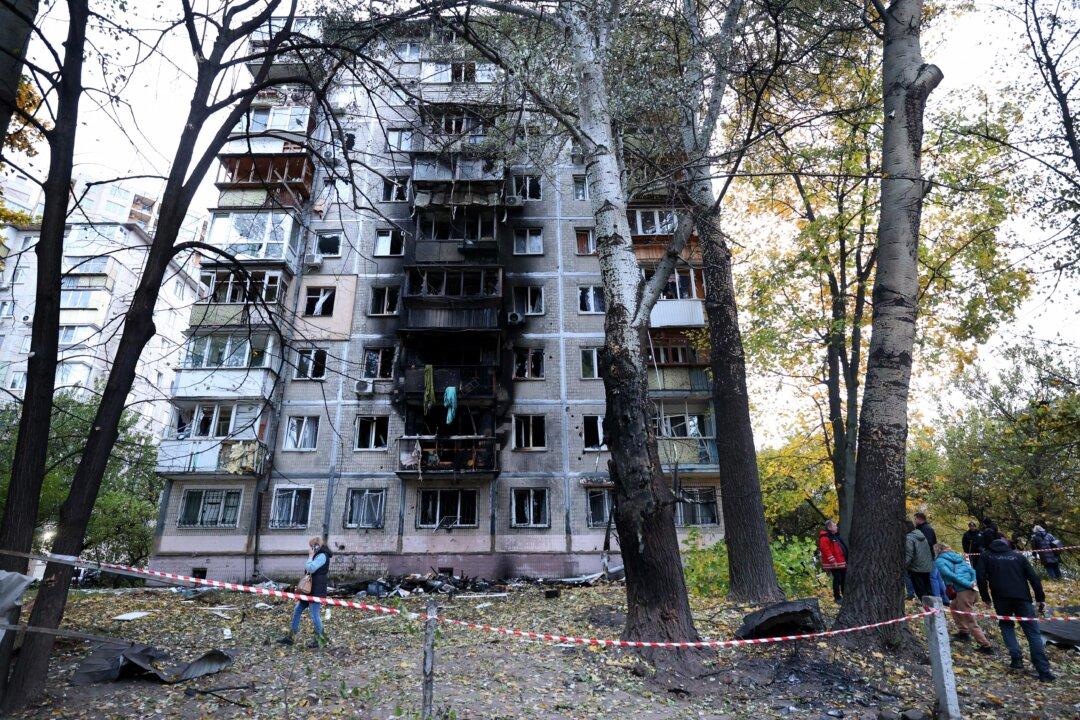The Chinese communist regime on Dec. 17 said that it would continue cooperating with Russia, following the European Union’s blacklisting of multiple individuals and entities that allegedly aid Moscow’s war efforts.
The European Council, the institution that defines the general political direction and priorities of the European Union (EU), on Dec. 16 rolled out a new set of sanctions against Russia over the ongoing war in Ukraine. The package, representing the 15th round of such measures, includes sanctions against North Korea’s defense minister, as well as seven individuals and entities from China.




